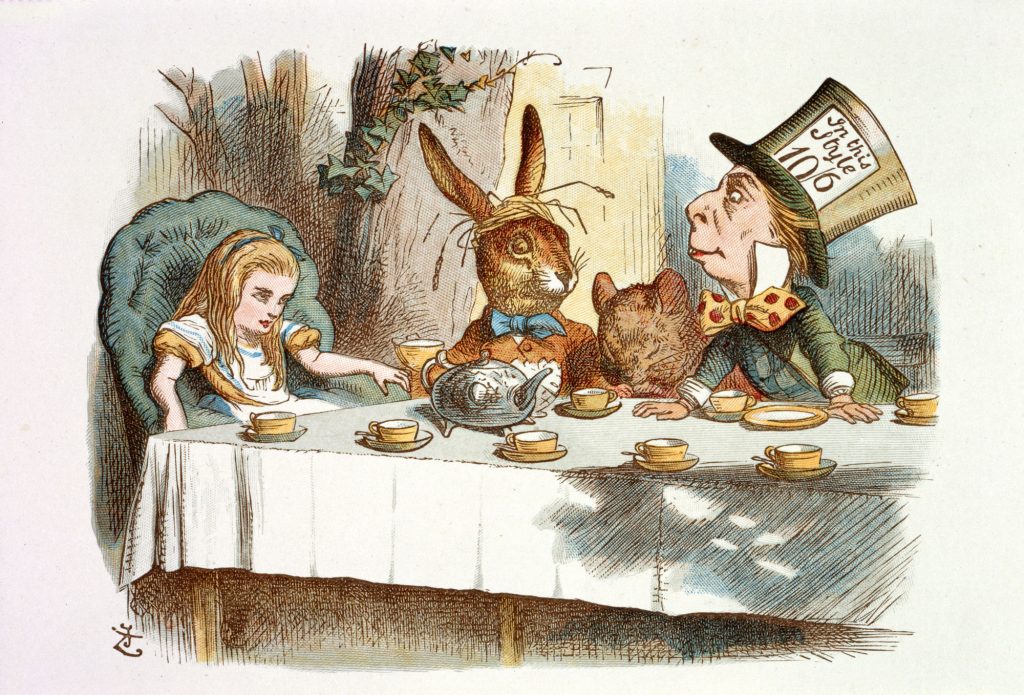Small-scale trials have shown them improving the symptoms of up to 80 percent of people with depression, anxiety and tobacco addiction.
Some scientists are currently getting very excited about psilocybin, the (currently illegal in Britain) psychedelic drug that gives magic mushrooms their “magic-ness”. Research suggests it could be a breakthrough treatment for depression, addiction, OCD and anxiety - conditions that millions of people around the world currently suffer from. Better medication could help them lead happier and more productive lives, as well as lessen the pressure on medical services and welfare programmes.
Some Brits worry that re-legalising magic mushrooms for medical purposes might make it easier or more acceptable for people to take hallucinogenics just for fun. As with all mind-altering substances, sometimes psilocybin-takers become unwell or get into trouble. But a respected medical journal called The Lancet says magic mushrooms are much less likely to cause harm to the person taking them than most other drugs (including alcohol and tobacco) and that people on them almost never cause harm to other people.
And there are other arguments for legalising magic mushrooms in the UK. It could attract tourists (and their wallets) as it has done in the Netherlands and Jamaica, where shrooms are legal. There’s some evidence that the drug makes people more productive, which could make them better at school or their job (uber-worker Steve Jobs, the late boss of Apple, was a fan of LSD). And it would help scientists and doctors do larger medical trials. At the moment, psilocybin medicines have only been used on a few people, because it takes years of paperwork and thousands of pounds to get permission to use an illegal drug. That makes it harder to know how effective it really is.
Read our explainer on: Government regulation.

